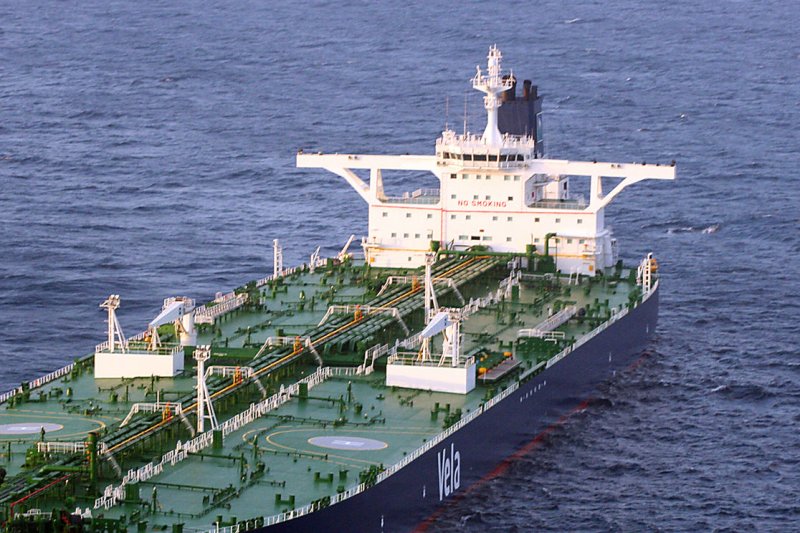Though it faces tougher U.S. sanctions, Iran says its revenue from crude oil sales are increasing because of improved market conditions. File Photo by William S. Stevens/U.S. Navy |
License Photo
May 22 (UPI) -- Iranian revenue from crude oil sales increased substantially during the first month of the Iranian calendar year because of higher oil prices, a spokesman said.
Mohammad Bagher Nobakht, a spokesman for the government in Tehran, said the country's oil income nearly doubled from last year because of spikes in crude oil prices.
"During Farvardin (March 21-April 20), we sold each barrel of oil at $63 while the figure was $51 per barrel last year," he was quoted by SHANA, the Oil Ministry's official news website, as saying.
Economists at the Organization of Petroleum Exporting Countries, of which Iran is a member, reported the benchmark for Iranian crude oil, Iran Heavy, sold for $66.56 per barrel for April, up 7.1 percent from the previous month. Brent crude oil, the global benchmark, averaged $71.76 per barrel for April.
Iran is facing economic pressure because of the risk of tougher sanctions from the United States. Speaking Monday, U.S. Secretary of State Mike Pompeo said the "sting of sanctions" would mean Iran "will be battling to keep its economy alive."
U.S. President Donald Trump on May 8 decided against issuing a waiver on oil-related sanctions, effectively pulling the country out of a multilateral deal that lets Iranian oil flow on the international market in exchange for nuclear commitments.
Trump's administration said the agreement, the Joint Comprehensive Plan of Action, was deeply flawed. European leaders, for their part, said nuclear commitments from Iran are essential for peace and have been working to keep the deal alive.
Last week, the European Union introduced a blocking statute to protect companies from U.S. sanctions and opened the door to working directly with Iran's Central Bank.
Oil revenues account for about half of Iran's export earnings and most of its oil goes to China and India. For China, the world's second largest economy behind the United States, any U.S. sanctions pressure would be more or less moot. Analysis from consultant group Verisk Maplecroft said China is "well beyond the reach of Washington."















